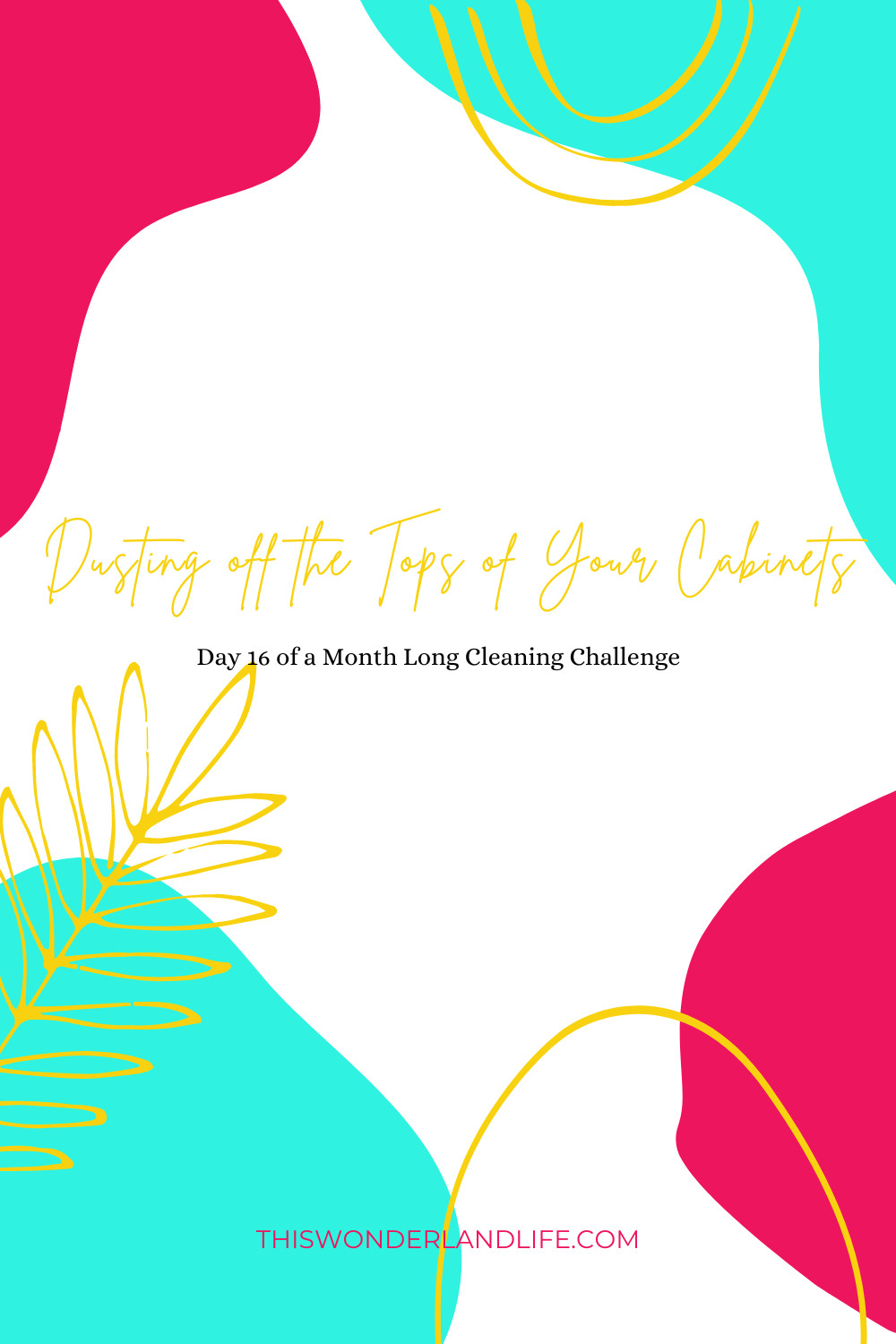Blog Title: The Basic Needs for Starting a Garden as a Homemaker
Blog Introduction: As a modern traditional woman who values the beauty of homesteading, one of the best ways to support a self-sustainable lifestyle is gardening. Not only does it provide a steady source of fresh produce, herbs, and flowers but also offers a space for relaxation, creativity, and wholesome exercise. However, not all gardens thrive without careful planning and maintenance, and it's essential to know the basic needs for starting a garden as a homemaker. Whether you have a green thumb or a novice, here's everything you need to know about starting a garden as a housewife.
Blog Body:
Choose A Suitable Location
The first thing to consider is where your garden will be located, whether it's in your backyard, porch, or balcony. If you have a spacious backyard, choose an area with plenty of sunlight throughout the day, at least six hours. If your yard is small or you live in an apartment, use a raised bed, containers, trellis, or window boxes. It's also necessary to choose a spot with good soil drainage, as plants need oxygen to thrive. Avoid waterlogged areas or low spots that retain moisture, as this can lead to fungal diseases and root rot.
Determine The Soil Structure
Soil is the essence of your garden, and it's important to test the soil before planting. You can purchase soil testing kits at any garden center, or use an online soil testing service. A good soil structure should have loamy soil with a well-balanced pH between 6.0 and 7.0, organic matter, and enough nutrients, such as nitrate, phosphorus, and potassium. If your soil lacks the necessary nutrients, amendment with organic compost, manure, or mulch can help.
Choose The Right Plants
Choosing the right plants to grow in your garden depends on several factors, including your location, lifestyle, and growing environment. Decide whether you want annuals or perennials, sun-loving or shade-loving plants, dwarf or vining varieties, and edible or ornamental plants. Consider how much maintenance each plant requires, as some varieties need frequent watering or deadheading. Starting small and growing a few plants at first is a great way to gain experience and build your confidence in gardening.
Water and Fertilize Regularly
Watering and fertilizing are crucial to the survival of your garden. A slow and deep watering session in the morning at the base of the plants is ideal. Fertilize with organic fertilizers, such as compost tea, fish emulsion, and bonemeal, every month or every other month to keep the plants healthy. If your plants show signs of wilting, check the soil for moisture levels and adjust accordingly.
Monitor Pests and Diseases
Lastly, monitor your garden for pests and diseases, as they can quickly spread and affect your plants' growth and yield. Check the plants for any signs of insects, such as holes, webbing, or sticky residue, and remove any damaged or infected leaves or branches. You can also use organic pest control methods like companion planting, hand-picking, soapy water, or neem oil.
Conclusion:
Starting a garden as a homemaker may seem overwhelming at first, but with patience, planning, and proper care, you can grow a beautiful and self-sustainable garden that brings joy and fulfillment to your life. Remember to choose a suitable location, determine your soil structure, choose the right plants, water and fertilize regularly, and monitor pests and diseases. With these basic needs in mind, you're well on your way to becoming a successful gardener and homesteader.











0 Comments